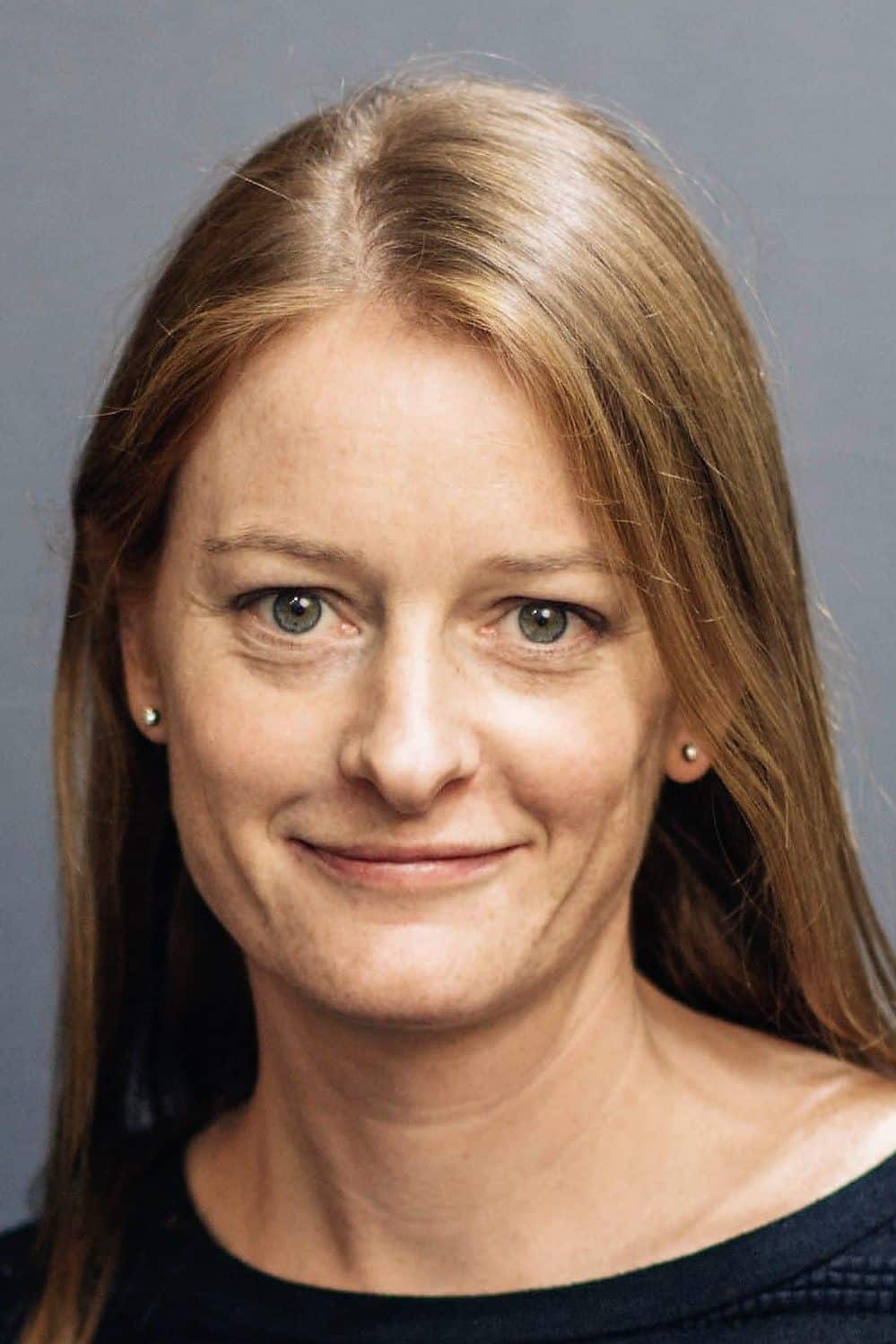Journalists must be able to hold power to account without fear of attack
By Hannah Storm, EJN Director
It’s up to us journalists to hold those in power to account and to do so in a way that is accurate, fact-based, transparent, impartial, and grounded in humanity. Journalists should be able to do this without fear for their safety, be that physical, digital or psychological.
Attacks on journalists are never acceptable.
In recent days, we have seen our news media colleagues attacked in the United States for reporting on protests across the country after the killing of another black man, George Floyd, by police.
The physical assaults include targeted attacks by law enforcement and arrests, sometimes happening after journalists have clearly identified themselves to police. In one incident, a team from CNN was arrested during a live report.
In a June 3 update, the Committee to Protect Journalists said since May 26, more than 250 press freedom violations had been reported in the United States by journalists covering the demonstrations[1]. Meanwhile Reporters Sans Frontieres explicitly linked the ‘unprecedented violence’ by police and protestors to what RSF’s secretary general Christophe Deloire, called Trump’s ‘demonization of the media.’[2]
The current unrest and the attacks against journalists pose challenges to all those working to cover the demonstrations, but black journalists bear additional burdens.
In their June 1 article in the Washington Post[3], Elahe Izadi and Paul Farhi described what they called these ‘extra complications’ for black journalists: ‘from the fear of police racially profiling them as demonstrators to the psychic toll of covering yet another black death captured on a bystander video.’
The article continues:
“It feels like a weight because then you are tasked also with explaining and extrapolating on black pain for oftentimes a white audience,” said MSNBC correspondent and “Into America” podcast host Trymaine Lee. “And you’re not fully sure anyone even truly understands. . . . And you still have to be objective, and you have to make sure that you’re being clear-eyed and honest and sober for the people, because the people also rely on us to tell the truth, to tell the story. And that’s a weight that I’m not sure if other journalists just carry.”
In my former role at the International News Safety Institute, I spent nearly a decade coordinating conversations between news media and advocating for journalism safety. During my time at INSI, it became obvious that it was often journalists who were already vulnerable – be that because of their race, religion, sex, sexual orientation, or other protected characteristics – who were most likely to be affected by violence and insecurity, and this was often linked to the fact that the media industry is still disproportionately white and male.
In my time at INSI, we would hear most weeks of journalists being attacked and killed. These tragic incidents usually happened in countries where individuals and institutions could abuse their power and connections because they knew there were likely to go unpunished for their actions. They were met with condemnation from press freedom groups, from the United Nations, but they still continued.
Of course, attacks against journalists are never acceptable, although they are sadly commonplace in countries where authoritarian regimes or the absence of accountability in law threaten journalists’ jobs and press freedom, ensuring an almost complete impunity for those intent on silencing the messenger. Countries like Mexico, Honduras, Pakistan, the Philippines, Somalia, Brazil and Iraq, would regularly feature in the harrowing lists INSI created each year of the worst places to be a member of the media profession.
But since the election of Donald Trump, there has been a worrying number of attacks on news media workers in the United States. His anti-press rhetoric, has included calling journalists ‘enemies of the people’ and criticising credible journalism as ‘fake news.’
It’s a damning indictment of a society where freedom of the press is protected by the First Amendment to the United States Constitution.
Without a guarantee of press safety, though, there can be no free press and when press freedom is attacked the effects for democracy are disastrous.
What is happening now in the United States should be a wake-up call to us as a media industry. We must continue to hold power to account, practise fair, fact-based, accurate journalism rooted in humanity. And we need to ensure we embed those elements not just into our news reporting but into our newsrooms and across our communities of practice.
Author photo

Hannah Storm is the director of the Ethical Journalism Network, a freelance media consultant working in gender, safety and mental health, and the former director of the International News Safety Institute which she joined in 2010. Prior to that she spent more than a decade working as a freelance and staff TV news producer, reporter and journalist for various news outlets, mainly in Latin America and Europe. She began her career as a Reuters Graduate Trainee.
[1] https://docs.google.com/spreadsheets/d/1zk9oFDJ3Ocbz80Z1ISSW4Sd5xv1vQTj_tF8KCbPsZxs/edit#gid=0
[2] https://rsf.org/en/news/us-fueled-years-trumps-demonization-media-unprecedented-violence-breaks-out-against-journalists
[3]https://www.washingtonpost.com/lifestyle/media/the-terror-of-wearing-both-a-press-badge-and-black-skin-black-journalists-are-carrying-unique-burdens-right-now/2020/06/01/2266a258-a414-11ea-b473-04905b1af82b_story.html
Photo credit: istock